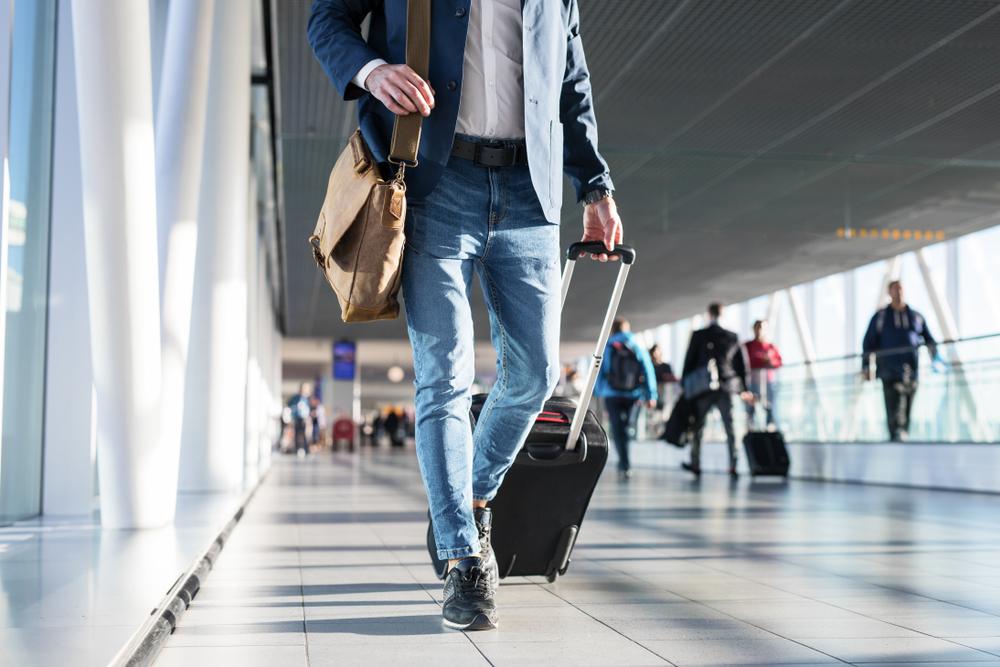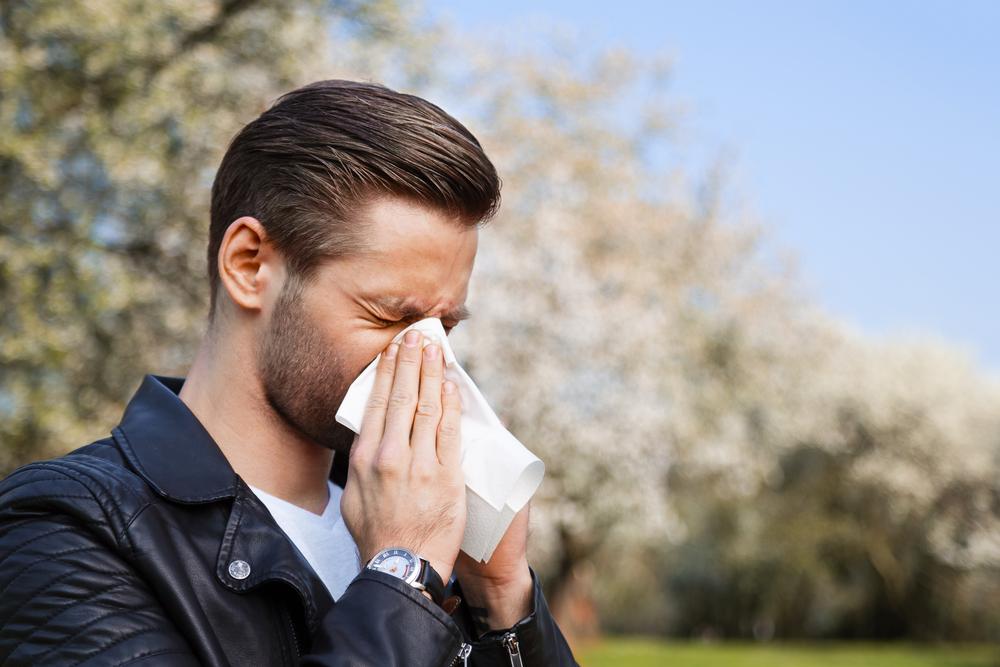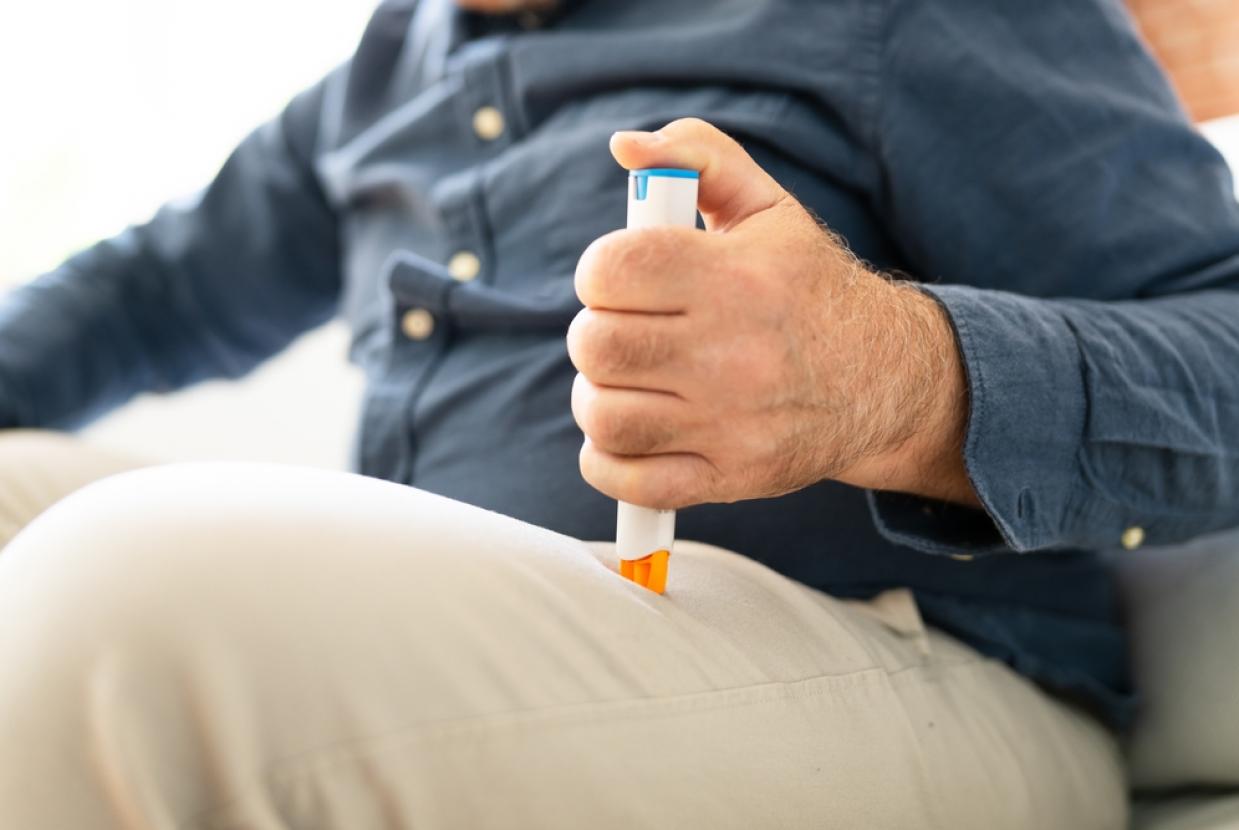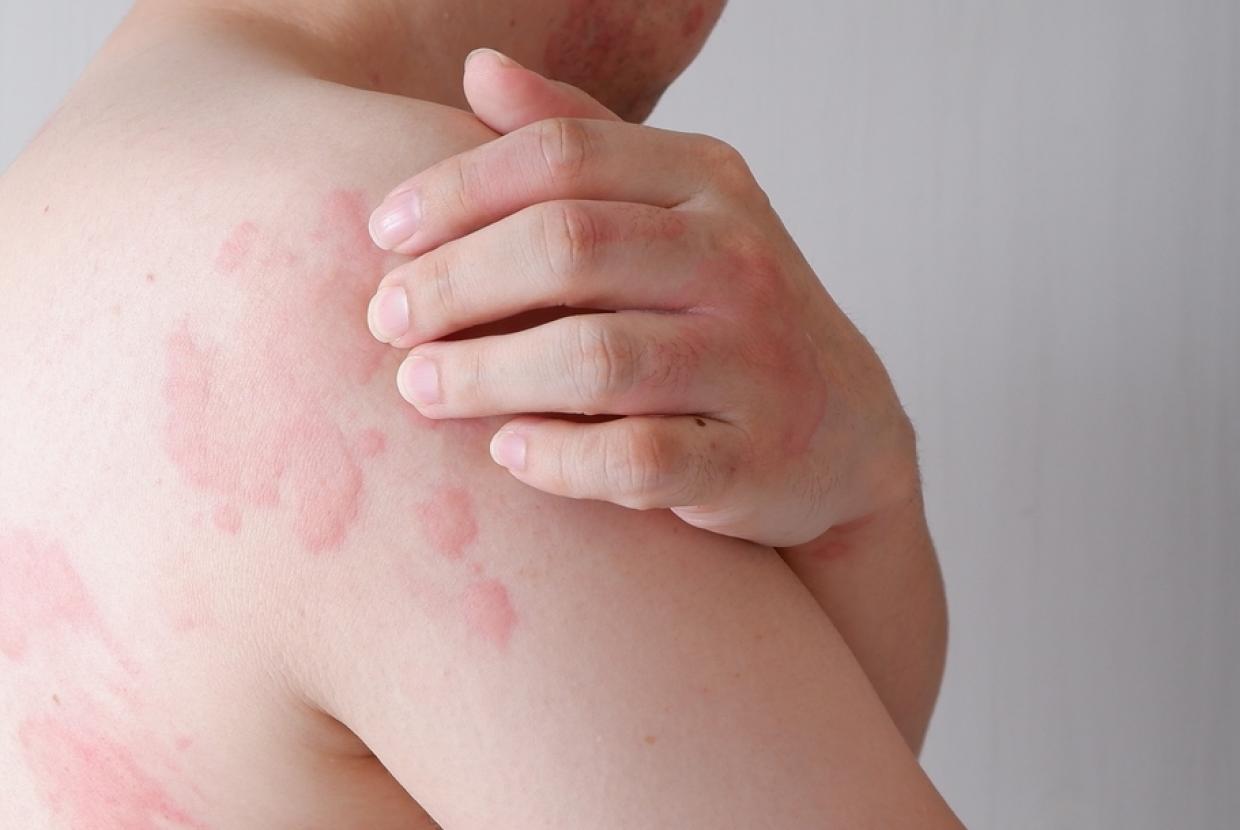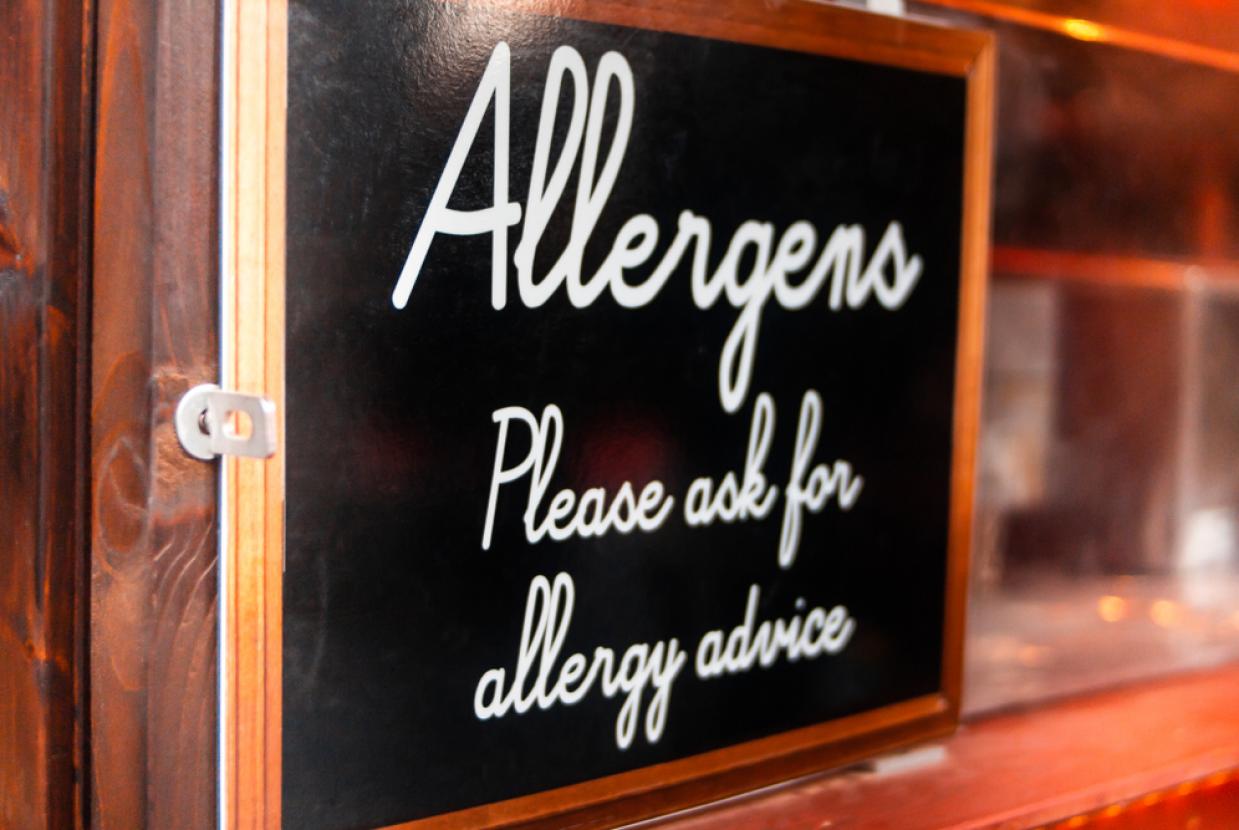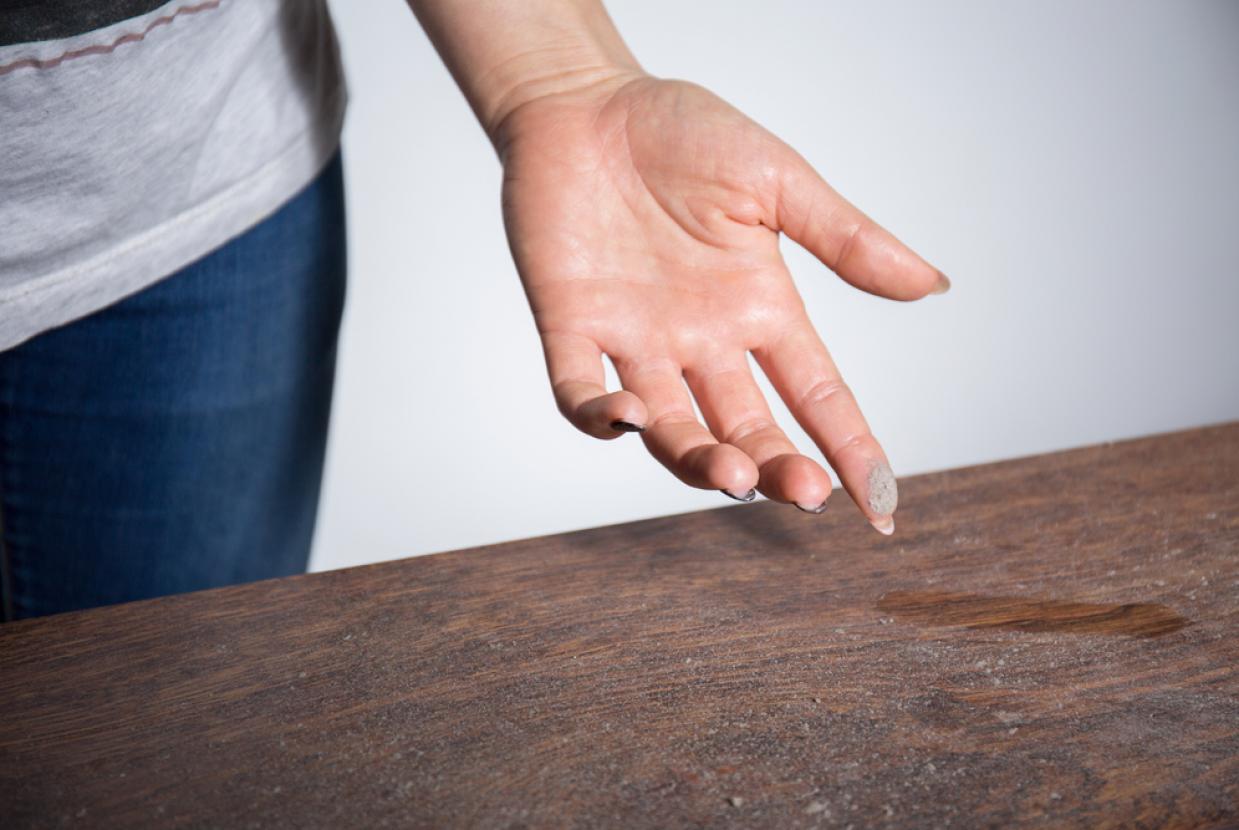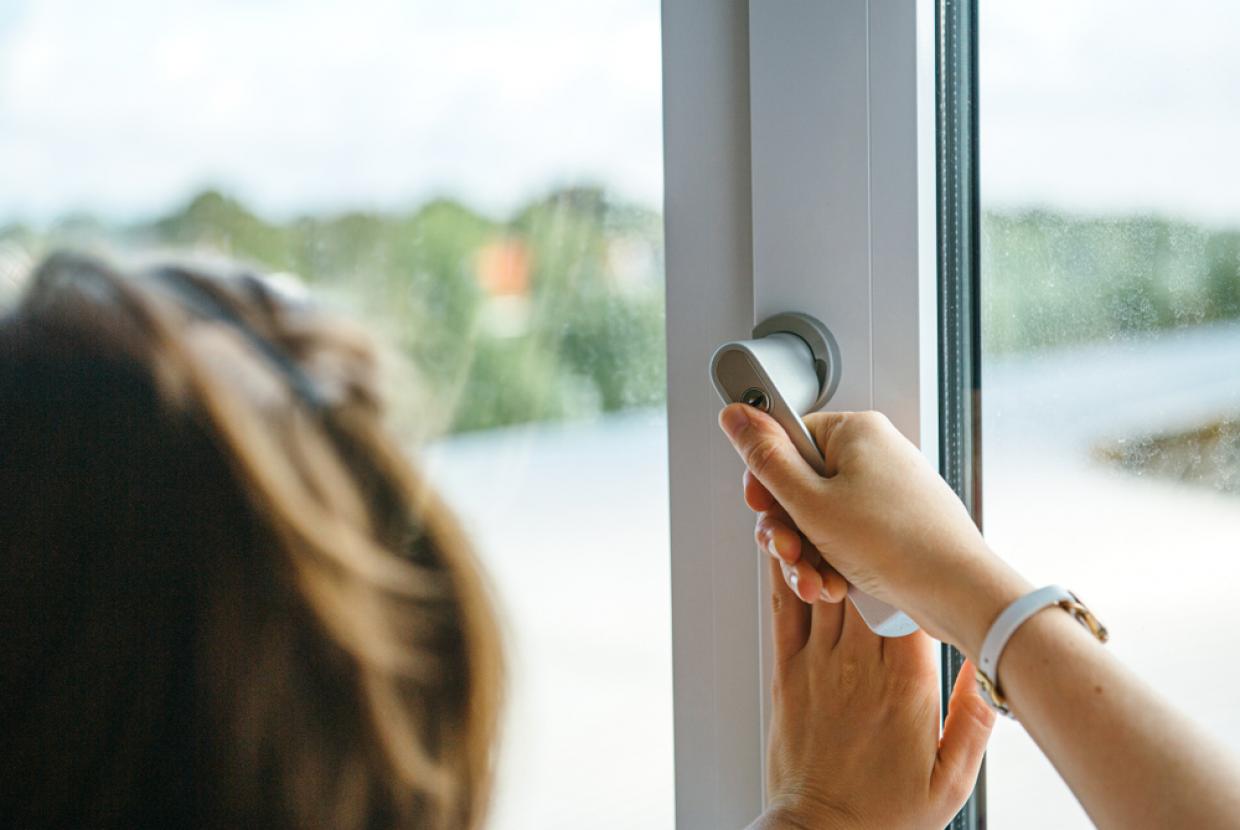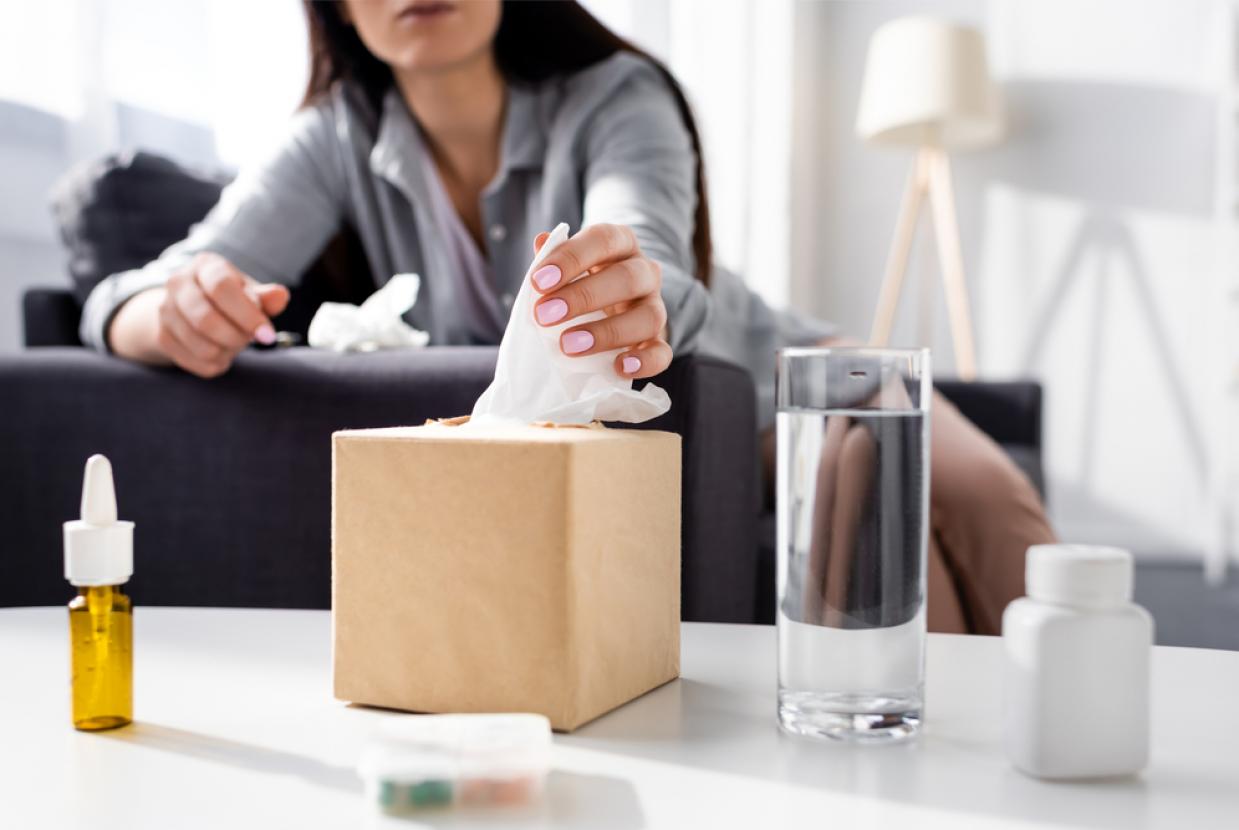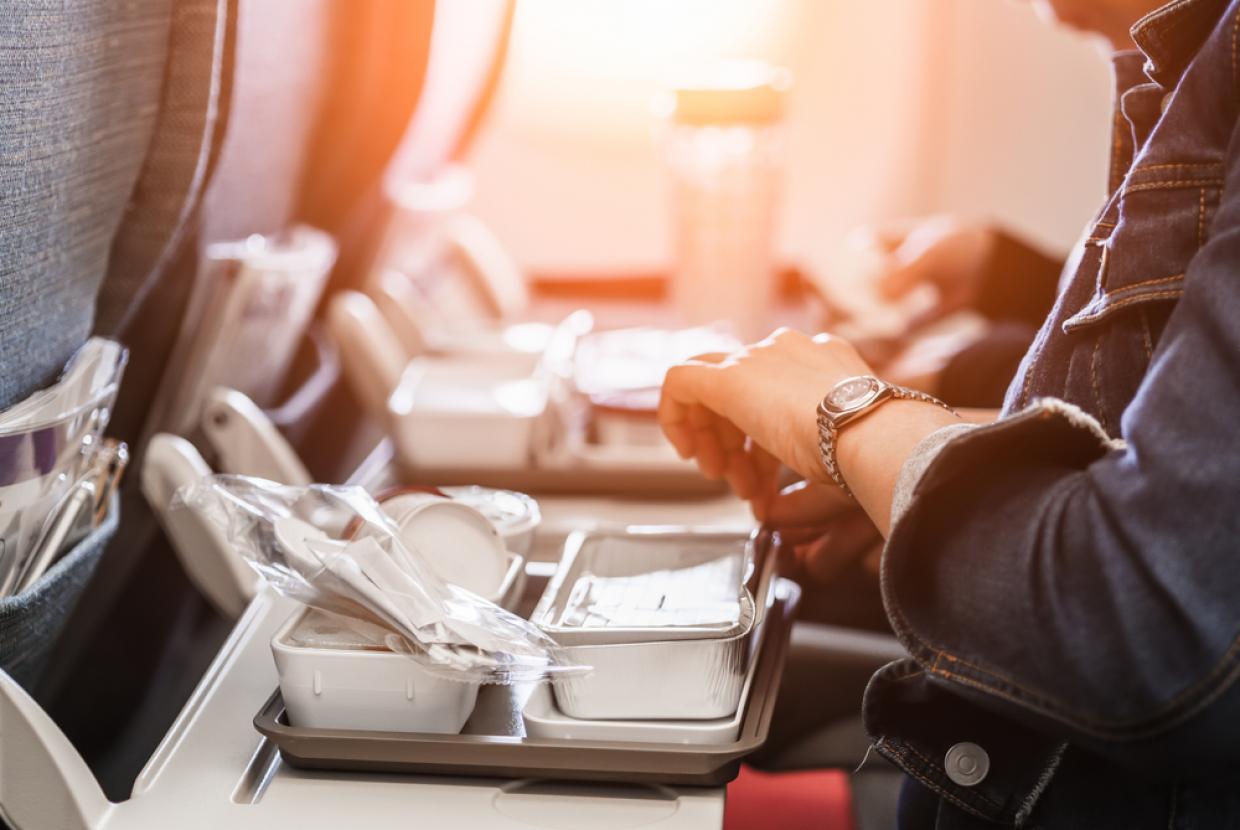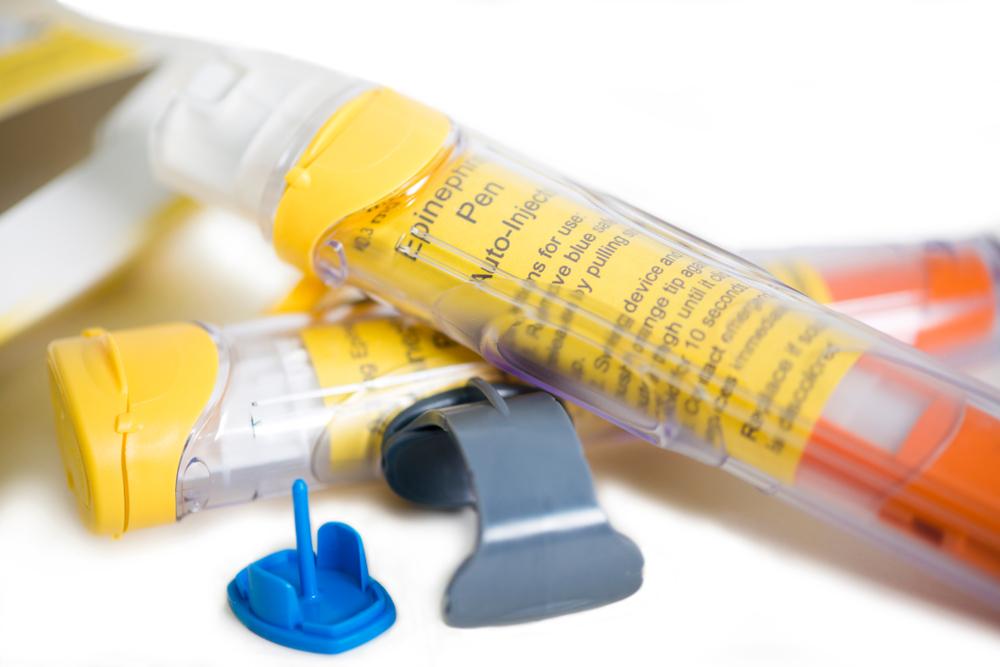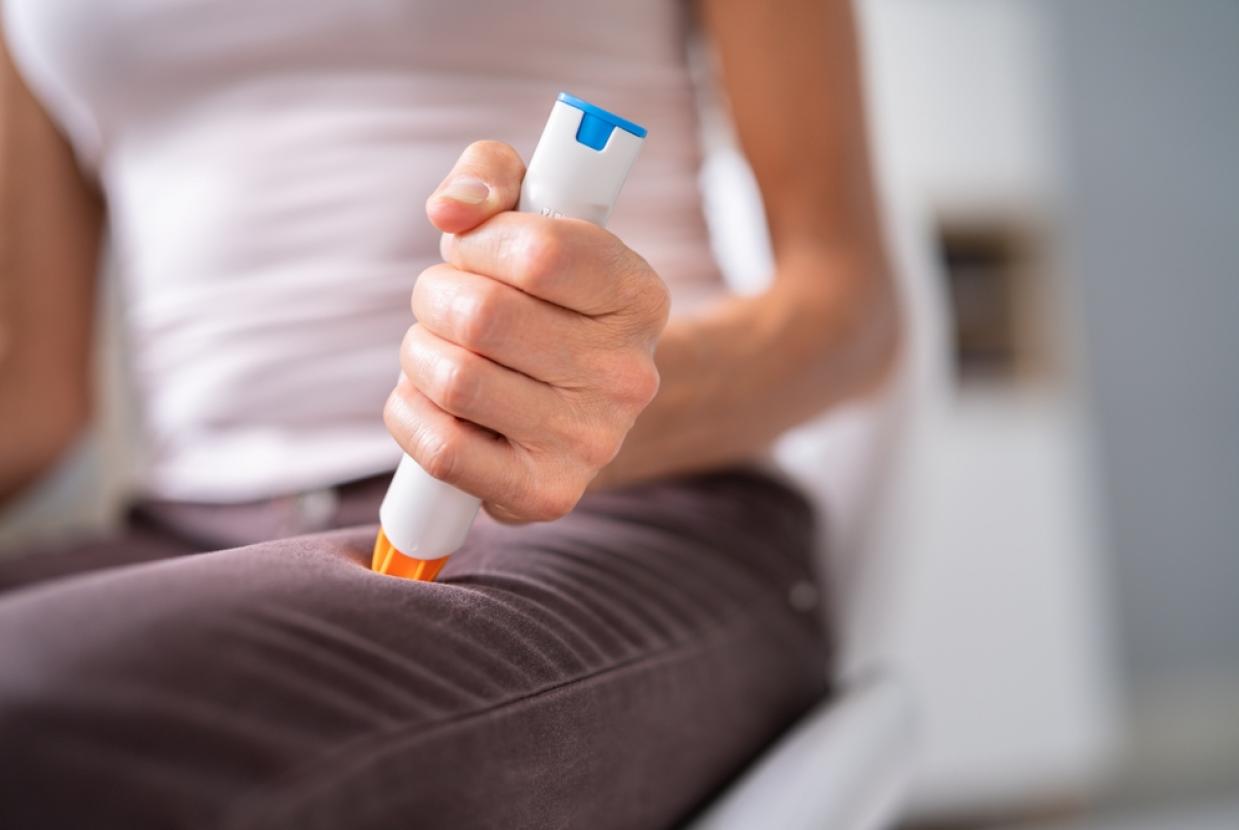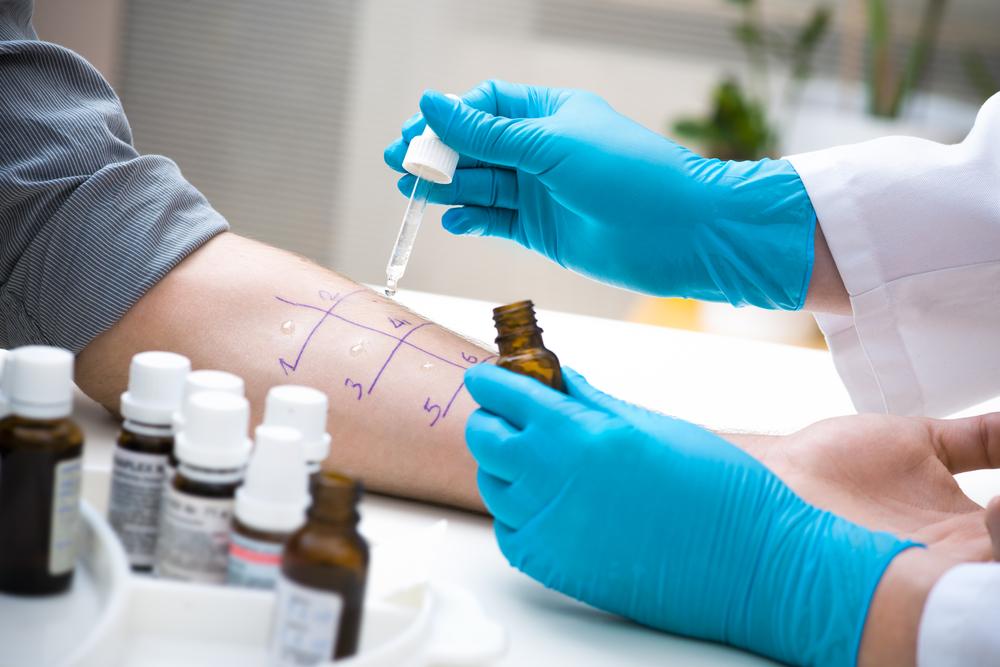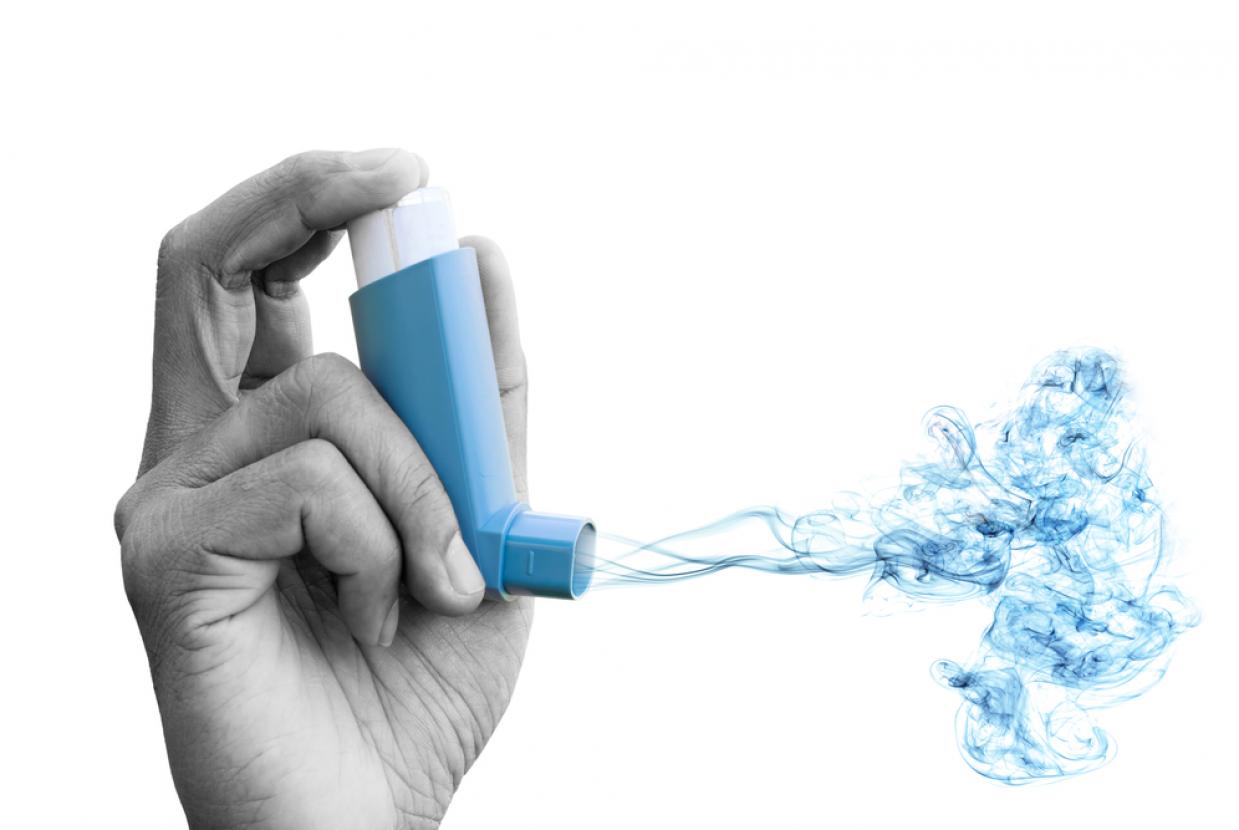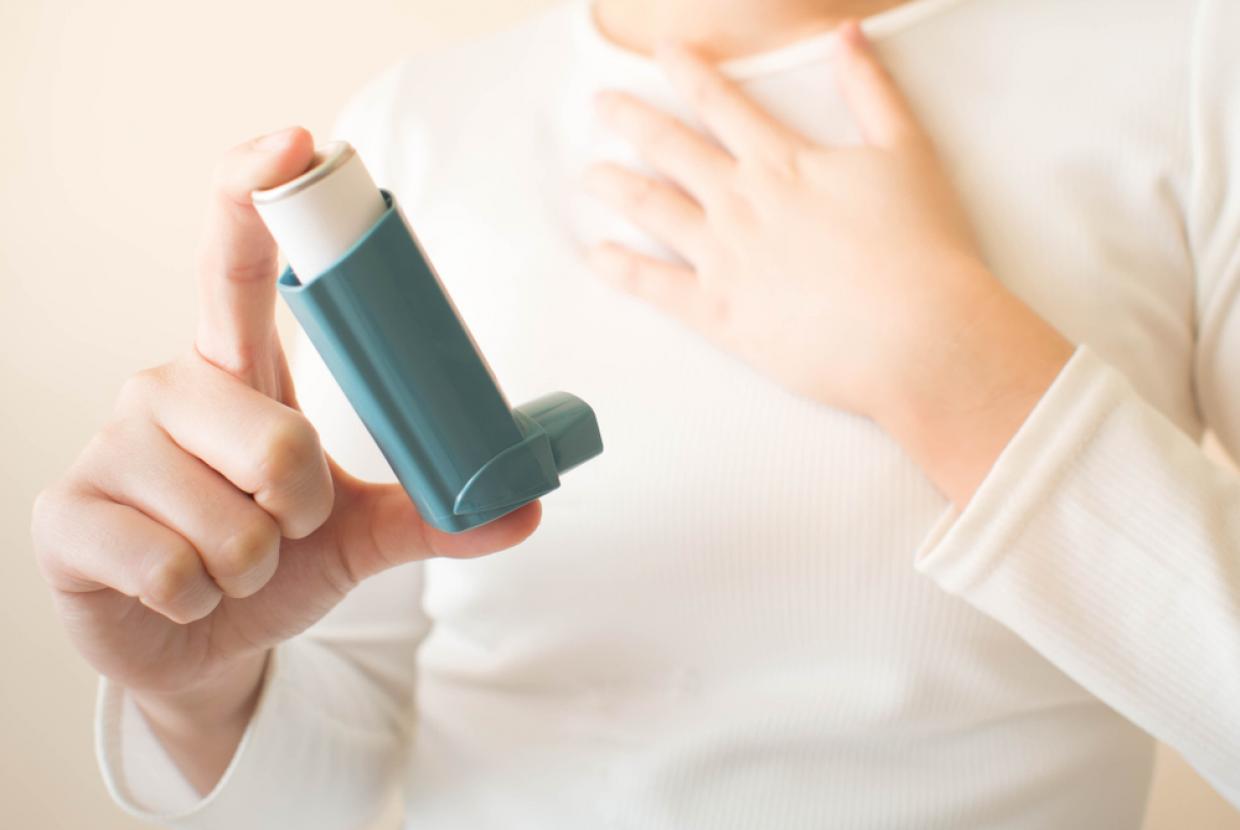Travelling With Allergy
Travelling when you or a loved one have an allergy can be daunting, and can bring extra challenges. Travelling with a nut allergy on planes could be a scary concept. Simple things like choosing location, booking a flight or picking accommodation can be filled with extra questions and things to consider. This page will provide some useful guidance to help you plan, prepare and travel if you have an allergy or are travelling with someone with an allergy.
Travelling abroad
Having an allergy means you have to be aware of triggers which could affect your allergies on a day to day basis. However, if you plan ahead, you can still enjoy travelling and holidays abroad.
The destination of your travel and choice of transport are important considerations when planning a holiday or travel. When booking a holiday abroad, think about
- How will you get there? (see planning a flight for more information)
- Do you understand the language?
- Do you have adequate supplies of medication for your holiday?
- Do you have translation cards available?
- Have you found out where the nearest emergency department is?
- Do you know the number for emergency services?
- Does your travel insurance cover your allergies?
Travelling overseas may mean that language can be a barrier to communicating the needs of someone with a food allergy. Translation Cards are a useful way of communicating food allergy in another language and are useful for travel and when eating out whilst on holiday.
Planning a flight
Individual airlines will have their own policy on food allergy management this will vary depending on the provider. Make sure you’re aware of the policy for your chosen provider and that you’ve alerted them in advance of your trip.
If you wish to know whether snacks or foods containing specific allergens are served during the flight, then it is advisable to raise this question when you make contact with the airline before booking.
The 100ml liquid rule for hand luggage does not apply to medication in liquid form (for example antihistamine in syrup form) but a copy of your prescription or letter from your doctor as proof of need may be required. The same documentary proof is required for adrenaline auto-injector devices (AAI).
Top tips when flying or planning to fly with a food allergy:
- Before booking, check what your airline’s policy is on food allergy management and when you need to make them aware
- Inform airline staff of your food allergy at every opportunity – including at check in, boarding and every time a snack or meal is offered
- Check meal options ahead of time and take safe snacks with you – check quarantine laws of the country you’re visiting for food restrictions
- If you are susceptible to contact reactions with allergens, reduce any risk by handwashing before eating or putting fingers in your mouth and cleaning your seat area and the tray table
- Make sure you have the relevant proof required for carrying medication on board and have a copy of your Allergy Action plan


